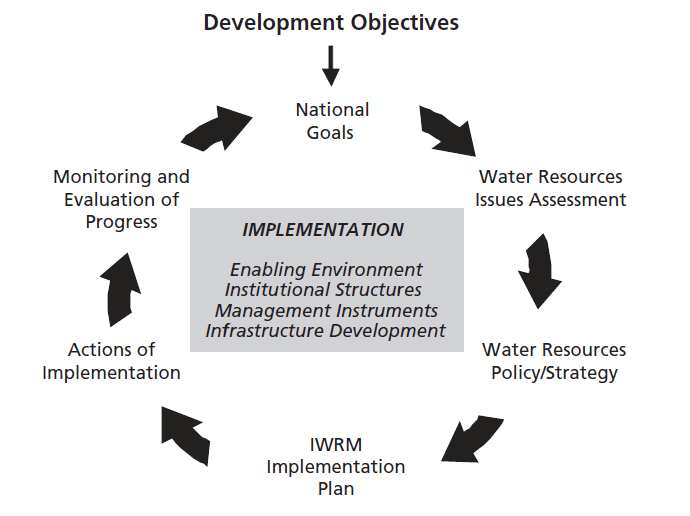The Philosophy Of Iso Is Based On The Key Principles
Posted : adminOn 4/10/2018
ISO 9001:2008 and Quality Gurus - W. Edwards Deming (1900-1993) I’ve selected seven personalities called quality gurus, who influenced the concepts behind ISO 9000 standard. Their prolific work and contribution to quality is substantial. Along them, are many others, and I apologize myself for not mention them here. Known as the father of quality, Deming was a statistics professor at New York University during the 40s.
These principles. Key benefits: Applying. Quality Management Principles: Foundation of ISO 9000. Not a defined philosophy. Past editions of the ISO 9000 family were primarily based on. Basic principles of ISO 9. The Standard is built upon eight fundamental principles of quality management, embedded into its various requirements. This model is based on a process for establishing the risk. Principles and guidelines. ISO 31000 uses both the. Barriers represent a key element in. What is in it for the customer when they use Wipro's Veloci-Q? The International Standards organization's. What principles is the philosophy of ISO based.
He studied for several years with Walter Shewhart; this was the base of his contribution to quality. After World War II, Deming was involved in assisting Japanese companies to reborn from their own ashes. His contribution was in improving quality, by setting 14 points principles which should be the foundation for achieving quality improvements. Japanese companies applied extensively these principles; today's power of Japan and quality of their products has a strong root in this matter. The Best Of Mozart Mp3 here. Deming emphasized on the role of management in achieving quality.
He noted that around 15% of poor quality was because of workers, and the rest of 85% was due to bad management, improper systems and processes. In his opinion, managers should involve employees in solving the problems, not simply to blame them for poor quality. Deming's 14 principles are: • create constancy of purpose (short term reaction has to be replaced by long-term planning). This principle is found in ISO 9001:2008 as; • adopt the new philosophy (management should adopt his philosophy, rather than to expect the employees to do that), • cease dependence on inspection (it concerns to variation; in other words, if there is no variation, no inspection is needed because all products are identical. Apha-awwa-wef 21st Edition 2005 here. If one of them have the required quality, all of them will have the same quality), • move towards a single supplier for any one item (working with several suppliers, automatically involves variation in supplying of raw materials), • improve constantly and forever (it refers to decreasing variation, as a key to better quality). This principle is found in ISO 9001:2008,.
• institute training on the job (another source of variation is the lack of training of workers; train them properly to do a certain job, and they will do it with far less variation). This principle is applied in ISO 9001:2008 in. • institute leadership (distinction between leadership and supervising). This principle is found in as the Principle of Leadership. • drive out fear (eliminate fear at worker's level to get their support for improvements. Fear is counter productive). This principle is found in, as the Involvment of Personnel principle.